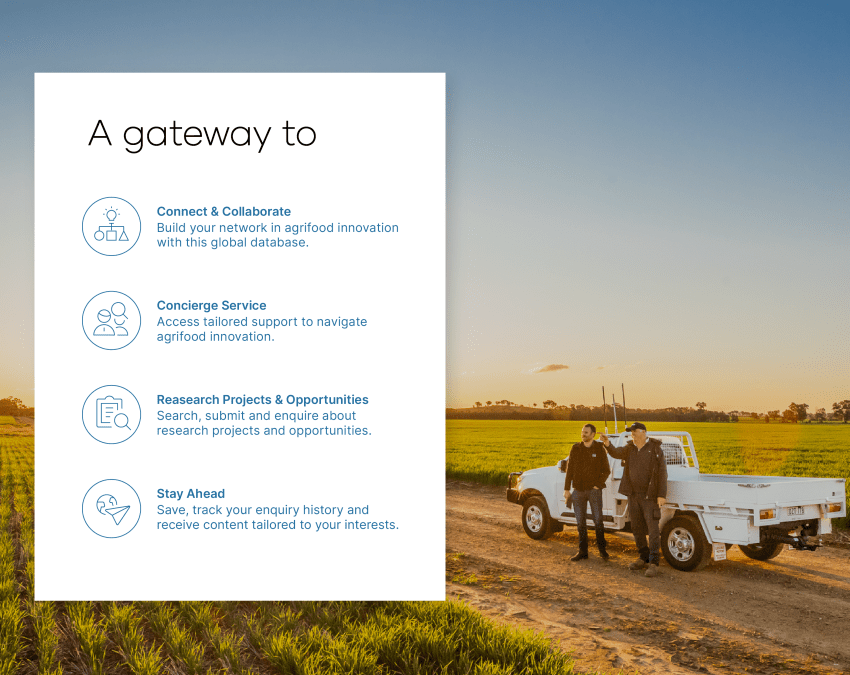
Validating high throughput phenomics technologies for sugarcane clonal selection
High yielding optimally adopted varieties are crucial to increase industry profitability and maintain sustainability. However, in recent years, genetic gains have stagnated across most sugarcane breeding programs including in Australia.
The breeding program currently uses a selection index based on traits like cane yield, sugar and fibre content. However, these can be difficult to accurately measure in single row small plots in the early stages of breeding because inter-row competition effects can mask genetic effects. This leads to a low accuracy of clonal selections in the early stages of the breeding program.
However, previous research has shown that high throughput drone-based phenotyping represents a cost-effective method to predict traits such as yield by measuring indirect traits such as multispectral vegetation indices (NDVI), which are less subject to competition effects in young plants.
This project aims to improve accuracy of early-stage clonal selection by validating high throughput phenomics technologies and developing an optimal selection index.
Project date
Principal investigator
Project funded by

Related tags
Focus areas
Industries
Sustainabilities
Technology areas
Related research projects
Search all research projects-crop-850x675.png)
Have questions?
Find out how we can help you.
Find answers to our most frequently asked questions on research projects, commercial opportunities, organisations and more.
Still have questions or have feedback on the site? Please get in touch by completing our enquiry form.
